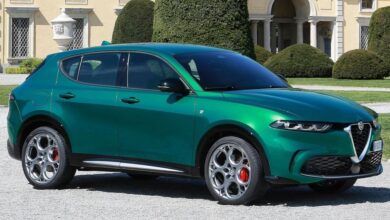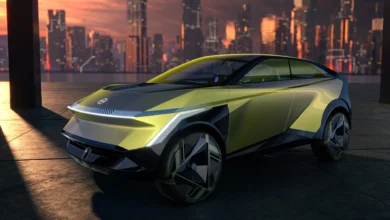Some Japanese car manufacturers expand the use of hydrogen internal combustion engines
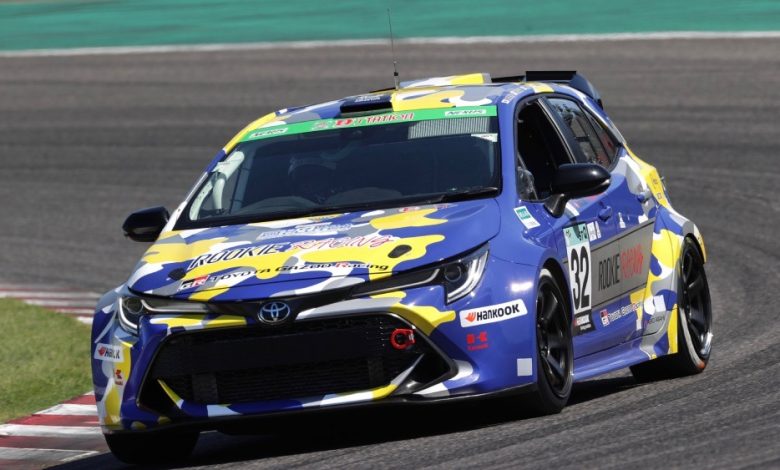
Subaru, Mazda, Toyota, Kawasaki, and Yamaha recently announced a joint effort to expand the use of alternative fuel technologies — including hydrogen combustion engines.
Efforts built on Toyota’s foundation using hydrogen engines in racing. Previously, the automaker imported a Corolla Sport hatchback with a hydrogen engine (developed with help from Yamaha) in the Japanese Super Taikyu line. The hydrogen will be supplied by a new facility in the city of Fukuoka, Japan, which will produce hydrogen from biogas in wastewater, according to a press release.
Hydrogen racing will soon be joined by others using different fuels. Mazda will offer a Demio hatchback that runs on biodiesel fuel, while modified versions of the Subaru BRZ and Toyota GR 86 sports car twins will use synthetic fuel derived from biomass.
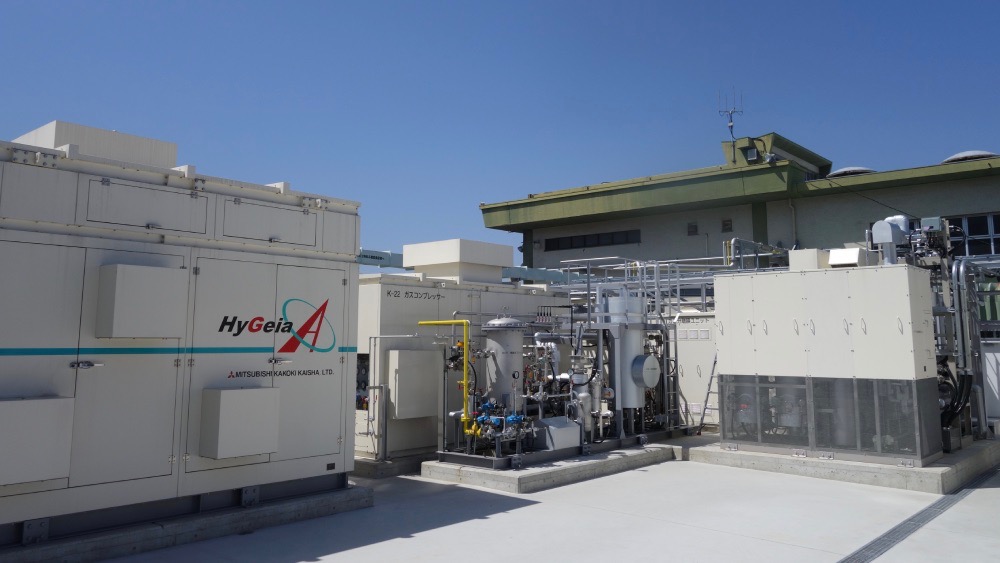
Fukuoka city, Japan, hydrogen factory
Meanwhile, Kawasaki and Yamaha will consider joint research on hydrogen combustion engines for both two- and four-wheelers. The two companies together with Honda and Suzuki have formed an alliance to electric motorcycle battery swap.
Notably, Honda is absent from the deal, although it has been a major proponent of hydrogen fuel cell passenger cars. Nissan and its ally Mitsubishi are also missing, though no automaker has shown much interest in hydrogen, fuel cells or internal combustion engines.
Burning hydrogen in an internal combustion engine instead of gasoline or diesel is not a new idea. BMW once produced the Hydrogen 7, a version of the 7 Series with a hydrogen-powered V-12 combustion engine. But the idea seems to be garnering more interest lately.
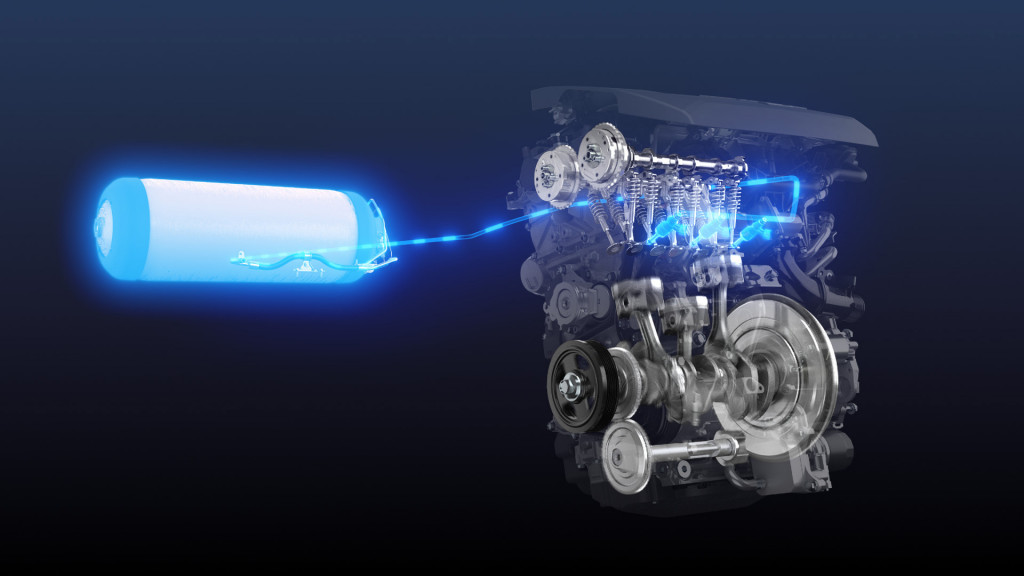
Toyota hydrogen engine
Chinese automaker GAC also recently announced that it is testing a hydrogen-combustion engine, although it remains unclear whether this engine will enter production. Even if it happens, GAC’s previously discussed plans to enter the US market have been shelved indefinitely.
It should be noted that the internal combustion of hydrogen comes with many problems, which includes storing enough hydrogen in the car to get enough range. The combustion of hydrogen also still produces exhaust emissions, and carmakers face the same infrastructure problems as fuel cell vehicles.
Hydrogen-burning engines can also be less efficient than fuel cell powertrains. Fuel cell efficiency is an advantage it can boost them petrol parity by 2025, according to the California Energy Commission’s 2020 report.

